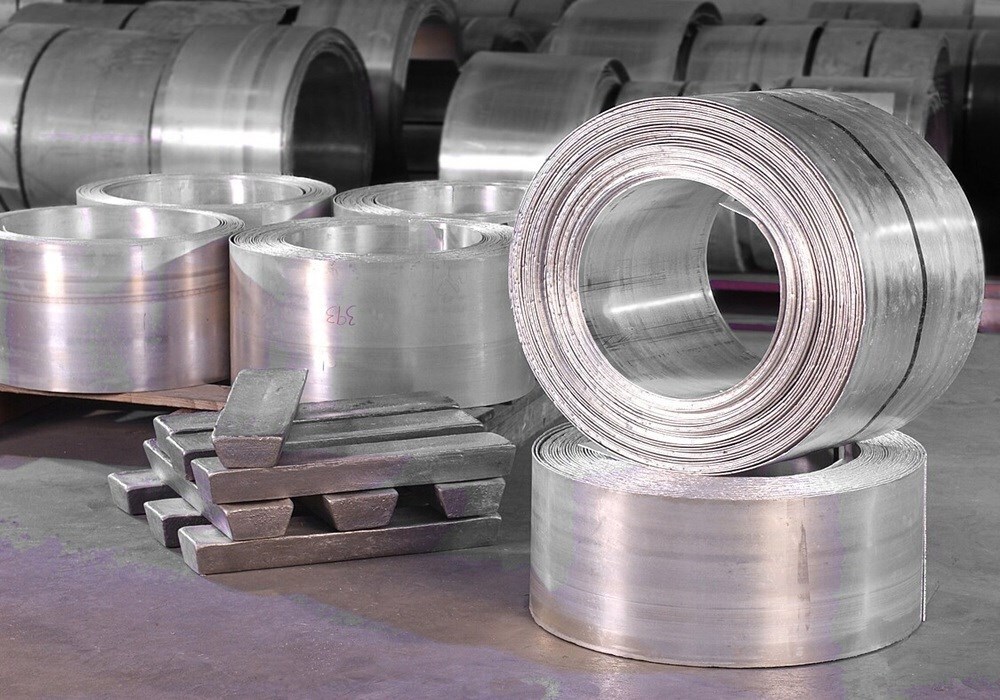您想继续阅读英文文章还
是切换到中文?
是切换到中文?

THINK ALUMINIUM THINK AL CIRCLE

India’s engineering exporters have raised a fresh concern over widening tariff gaps that are eroding the country’s competitiveness in key Western markets. On November 10 2025, the Engineering Export Promotion Council of India (EEPC India) urged the government to place steel and aluminium products, especially those made by MSMEs, at the centre of ongoing bilateral trade talks with the US.

Explore- Most accurate data to drive business decisions with 50+ reports across the value chain
Pressure from US Section 232 tariffs
EEPC India said the 50 per cent US tariffs under Section 232 have significantly impacted engineering exports, deepening the disadvantage for Indian manufacturers. The tariff gap with global competitors has now widened to an average of 30 per cent, the council noted, warning that this gap is pushing Indian suppliers to the margins of the US market.
Pankaj Chadha, Chairman of EEPC India, stressed the urgency of policy support, stating, “A special support package that can absorb at least 15 per cent of this differential would help us secure our position.”
The US remains one of India’s top destinations for engineering goods, valued at billions annually. Small exporters often operate on slim margins, and tariff shocks can distort global supply chains overnight.
Read More: VIVA launches 0.7mm aluminium louver system, targets 5 per cent share of India’s market
Confronting the EU concerns
The council raised parallel concerns over the EU’s ongoing quota reforms. The EU is considering a cut in quotas and raising out-of-quota tariffs to as high as 50 per cent, a level EEPC India called problematic due to export volumes and the exclusion of key products from FTA discussions.
Chadha commented that this should be brought under FTA negotiations, and once the FTA is implemented, the tariff should be gradually phased out. He also pushed for stainless-steel long products (categories 14, 15 and 22) to be exempted from EU tariff-rate quotas because MSMEs dominate this segment.
EEPC further recommended that out-of-quota tariffs be capped at 25 per cent and then eased out over five to six years. “It may be ensured that out-of-quota tariffs do not exceed 25 per cent,” Chadha added.
Steel and aluminium are foundational to India’s engineering exports, from automotive parts to construction fittings. Any tariff squeeze directly affects MSME viability, job creation and trade balance.
Don't miss out- Buyers are looking for your products on our B2B platform
Responses








